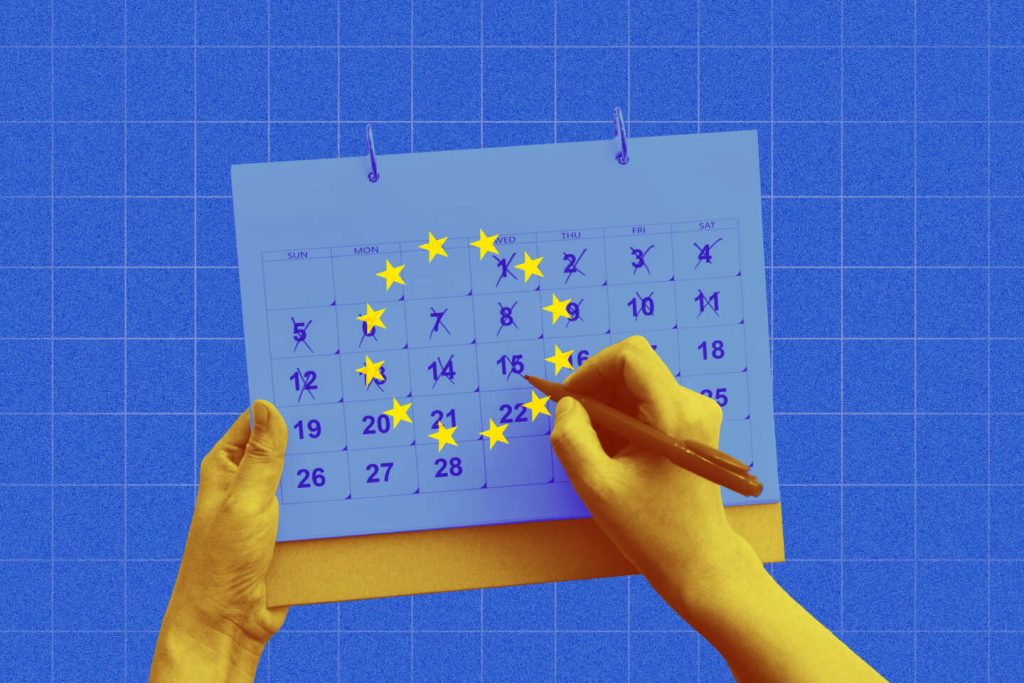The European elections will take place between June 6th and 9th, allowing the 720 Members of the European Parliament to be elected by the member states. In France, these Members of European Parliament are elected through direct universal suffrage, using a proportional representation system with a list voting method. Each of the 27 European Union member states has specific rules for organizing their elections, with some voting on June 6th and others on June 9th. Some countries vote for a single list among many options, while others can choose candidates from different parties to create their own list.
In this video, the process of the election is explained, mainly focusing on France. To further understand the significance of these elections, readers are encouraged to explore the analysis provided below the video. The “Comprendre en trois minutes” series of explanatory videos, produced by Le Monde’s Vertical Videos service, aim to provide a brief overview of major events and make current affairs more accessible to a wider audience through platforms like TikTok, Snapchat, Instagram, and Facebook. Pierre Lecornu and Robin Gasser are responsible for motion design in these videos.
The space for contributions is reserved for subscribers, who can join the discussion and contribute to the exchange of ideas by subscribing to access this area. With the European elections approaching, it becomes essential to inform and engage with the electorate regarding the process and importance of this democratic exercise. By utilizing videos and other accessible forms of media, complex topics can be simplified and made more digestible for a broader audience, ensuring that citizens are well-informed when they head to the polls to elect their representatives to the European Parliament.
As the European Union continues to grapple with various challenges and changes in the political landscape, including issues like Brexit and migration, the upcoming elections hold a significant role in shaping the future direction of the EU. Voter turnout and engagement are crucial in ensuring that the voices of citizens are heard and represented in the decision-making processes at the EU level. Through democratic practices like elections, individuals can participate in the governance of the EU and have a say in the policies and legislation that affect their lives and the wider European community.
In conclusion, the European elections are a vital opportunity for citizens to exercise their democratic right and influence the makeup of the European Parliament. By understanding the electoral process, the role of MEPs, and the importance of voter participation, individuals can contribute to a more transparent and representative EU. Through informative content like videos and analysis, people can engage with the political process, stay informed on key issues, and make informed choices at the ballot box. It is through these collective efforts that the democratic values and principles of the EU can be upheld and strengthened for the benefit of all its citizens.


